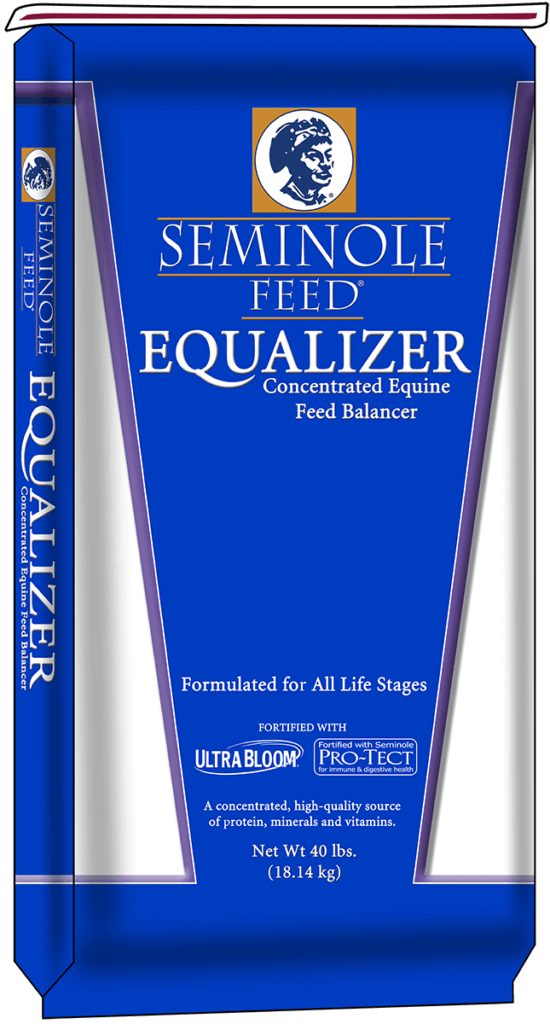Ration balancers are a valuable tool for horse owners to ensure that their horses are receiving a balanced diet. Whether it’s filling in nutritional gaps in a forage-based diet, providing essential nutrients on low-calorie diets, or meeting the increased nutrient requirements of horses in hard work or during pregnancy and lactation, ration balancers play a crucial role in maintaining the health and well-being of horses.
What is a Ration Balancer?
Ration balancers are specialized supplements carefully formulated to provide a balance of essential nutrients, including vitamins, minerals, and amino acids. Just like humans, horses require a wide range of nutrients to support their bodily functions and maintain optimal health. Meeting these nutritional requirements can sometimes be a challenge, especially when horses are fed limited amounts of forage or are on restricted diets.
This is where ration balancers come into play. These supplements are designed to bridge the nutritional gaps in a horse’s diet, ensuring that they receive all the essential nutrients they need to thrive. One of the key benefits of ration balancers is their ability to provide concentrated nutrition in small amounts. Due to their high nutrient density, only a small quantity of ration balancer is needed to meet a horse’s daily nutritional requirements. This makes them a cost-effective option for horse owners, as they can provide all the necessary nutrients without the need for additional supplements or feeds.
Furthermore, ration balancers are often low in calories, making them an excellent choice for horses that are prone to weight gain or those that require a controlled diet. For horses with metabolic disorders or insulin resistance, carefully managing their calorie intake is crucial to prevent complications and maintain their overall health. Ration balancers provide a solution by offering the necessary nutrients without adding unnecessary calories to the horse’s diet.
When to use Ration Balancers for Horses
Ration balancers are typically used in situations where a horse’s diet is lacking in certain nutrients. They can be particularly beneficial for horses that are fed a forage-based diet, such as pasture or hay, without access to concentrated feeds or supplements. In these cases, a ration balancer can help fill in the nutritional gaps and ensure that the horse is receiving a balanced diet.
Another situation where ration balancers can be beneficial is for horses on low-calorie diets. Horses that need to lose weight or are on restricted grazing may not be able to consume enough feed to meet their nutrient requirements. However, simply reducing the amount of feed can lead to nutrient deficiencies. Ration balancers provide a concentrated source of essential nutrients, allowing owners to provide their horses with a balanced diet while keeping calorie intake under control. This ensures that the horse is not only losing weight but also maintaining good overall health.
Ration balancers are also valuable for horses in hard work or those with increased nutrient requirements. Horses that are in intense training or performing demanding tasks require additional nutrients to support their energy expenditure and muscle development. Similarly, pregnant or lactating mares have increased nutrient needs to support the growth and development of their foals. Ration balancers can provide the necessary nutrients without adding excessive calories to the horse’s diet, ensuring that their nutritional needs are met without compromising their weight or performance.
How to add a Ration Balancer to a Horse’s Diet
Adding a ration balancer to a horse’s diet is a simple process that can be done in a few easy steps. First, it is important to consult with a veterinarian or equine nutritionist to determine the appropriate amount of ration balancer to feed based on the horse’s weight, activity level, and specific dietary needs.
When introducing a ration balancer to a horse’s diet, it is recommended to do so gradually. Start by adding a small amount to the horse’s daily feed ration and gradually increase the amount over a period of several days or weeks. This allows the horse’s digestive system to adjust to the new feed and reduces the risk of digestive upset.
Ration balancers can be fed alone or mixed with a small amount of forage or low-starch concentrate to create a complete meal. It is important to follow the feeding instructions provided by the manufacturer to ensure that the horse is receiving the correct amount of nutrients for its specific needs.
When choosing a ration balancer, it is important to consider the horse’s individual requirements. Some horses may have specific dietary needs due to age, breed, or health conditions. For example, a young growing horse may require a ration balancer with higher levels of protein and minerals to support proper development. On the other hand, a senior horse may benefit from a ration balancer that is specifically formulated to support joint health and digestion.
In addition to providing essential nutrients, ration balancers can also help to maintain a healthy weight in horses. They are often low in calories and designed to provide the necessary vitamins and minerals without adding unnecessary calories to the diet. This can be particularly beneficial for horses that are prone to weight gain or those on restricted diets.
It is important to note that while ration balancers can be a valuable addition to a horse’s diet, they should not be used as a substitute for good quality forage. Horses are natural grazers and their digestive systems are designed to process a constant flow of forage. Ration balancers should be used to supplement the diet and provide additional nutrients, but not replace the forage component.
Choosing the Right Ration Balancer for a Horse
It is important to note that not all ration balancers are created equal. Different brands and formulations may vary in their nutrient composition and recommended feeding rates. When it comes to choosing a ration balancer for your horse, there are several factors to consider. It’s not just about picking any product off the shelf—you need to take into account your horse’s individual needs and specific dietary requirements. With a wide variety of ration balancers available on the market, each formulated to meet different nutritional needs, it’s important to do your research.
One important consideration is the horse’s activity level. Some ration balancers are specifically designed for horses in intense training or performance activities. These balancers are formulated to provide the extra energy and nutrients needed to support the horse’s demanding workload. On the other hand, if your horse has a more sedentary lifestyle, you may need a ration balancer that is lower in calories and designed to support weight maintenance.
Another factor to consider is any specific health issues your horse may have. There are ration balancers available that provide additional support for joint health or digestive function. These balancers often contain ingredients such as glucosamine or probiotics, which can help address specific health concerns. If your horse has any known health issues, it’s important to consult with your veterinarian to determine the best ration balancer for their needs.
When selecting a ration balancer, it’s also important to consider the reputation of the manufacturer. Look for a company that conducts regular quality control testing to ensure the consistency and safety of their products. Reading reviews from other horse owners or consulting with equine professionals can also provide valuable insight into the effectiveness and palatability of different ration balancers.
We understand the importanced of a balanced diet and the need to supplement. Consider Equalizer!

Once you have chosen a ration balancer, it’s important to follow the recommended feeding guidelines. Ration balancers are typically fed in small amounts, as they are concentrated sources of nutrients. It’s important not to overfeed, as this can lead to imbalances in the horse’s diet.
Choosing the right ration balancer for your horse is a decision that should not be taken lightly. By considering your horse’s activity level, specific health needs, and the reputation of the manufacturer, you can make an informed choice. Remember to follow the recommended feeding guidelines and consult with professionals if needed. With the right ration balancer, you can ensure that your horse receives the necessary nutrients for optimal health and performance.


